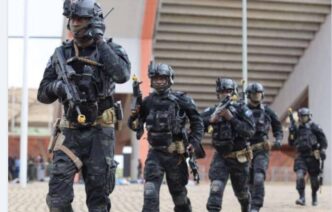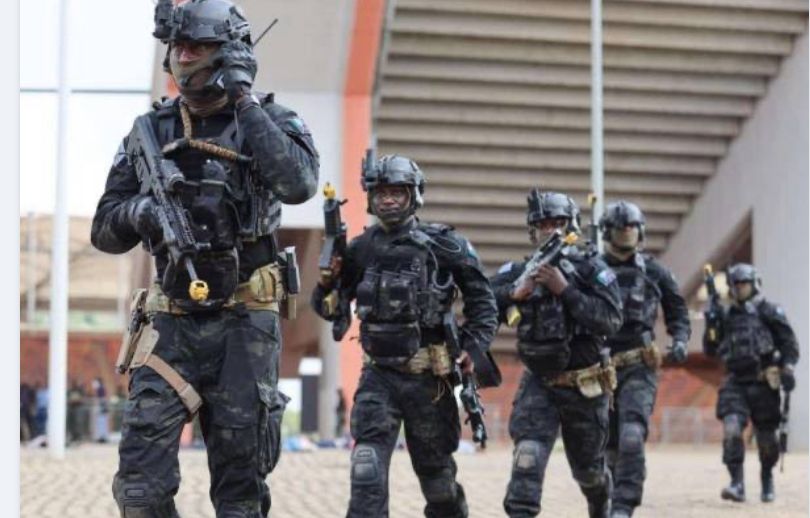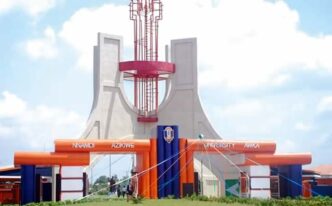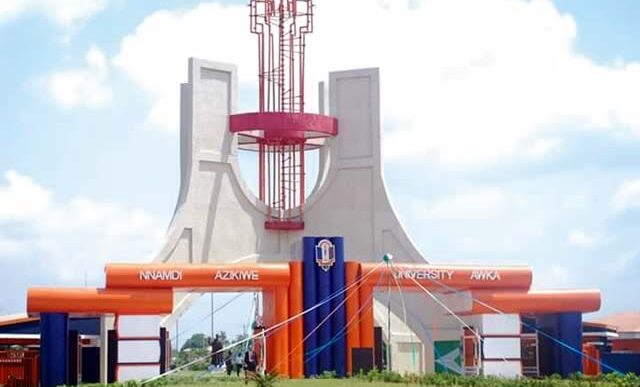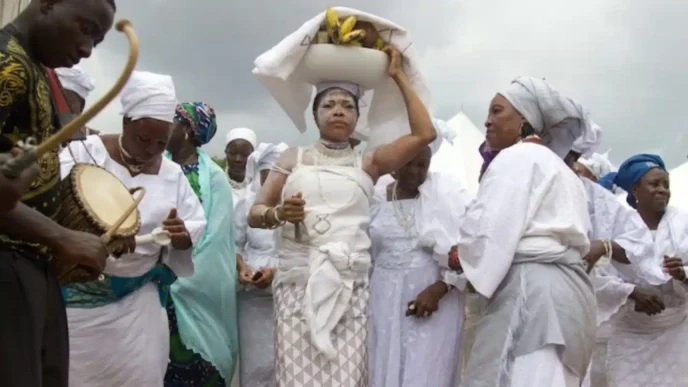Nigeria has recorded a significant victory in its fight against terrorism following the arrest of two top leaders of the Ansaru terrorist group.
The group is notorious for high-profile attacks, including the deadly Abuja-Kaduna train attack in 2022 and the brazen Abuja jailbreak the same year.
The National Security Adviser, Nuhu Ribadu, confirmed on Saturday that the suspects, Mahmud Muhammad Usmanand Mahmud al-Nigeri, were captured in a carefully planned operation conducted between May and July.
“These two have been on Nigeria’s most-wanted list for years,” Ribadu said. “They jointly spearheaded multiple attacks on civilians, security forces, and critical infrastructure.”
Ansaru, a splinter group of Boko Haram, was formed in 2012 and later aligned itself with Al-Qaeda.
The United States designated it a Foreign Terrorist Organization in 2013 alongside Boko Haram.

The group gained infamy for kidnappings of foreigners and deadly attacks on Nigerian security institutions.
In July 2022, Ansaru claimed responsibility for the attack on Kuje Prison near Abuja.
Armed insurgents blasted their way into the facility, freeing hundreds of inmates, some of whom were later recaptured.
The same year, the group carried out an attack on an Abuja-Kaduna passenger train that killed eight people and led to the abduction of dozens, who were held for months before being released.
President Bola Tinubu’s spokesman, Bayo Onanuga, described the arrests as a “significant breakthrough in the war against terrorism,” highlighting the government’s renewed efforts to dismantle extremist groups across the country.
Meanwhile, Ribadu stressed that the suspects were also involved in numerous kidnappings for ransom across northern and central Nigeria.
According to him, the proceeds were used to “finance terrorism over the years.”
He further noted: “The capture of the group’s leader and deputy commander marks one of the most significant achievements to date in our ongoing effort to rid Nigeria of the threat of terrorism.”
Ansaru has a bloody history in Nigeria. In 2012, it attacked a police station in Abuja, killing officers and freeing detainees.
In 2013, the group kidnapped and executed seven international construction workers.
It was also responsible for the abduction of a French engineer in Katsina state in 2012, though he later escaped.
The group’s campaign of violence has left scars across Nigeria, particularly in regions struggling with insecurity and criminal gangs.
However, authorities believe that the arrest of its top leaders will weaken its operations significantly.
